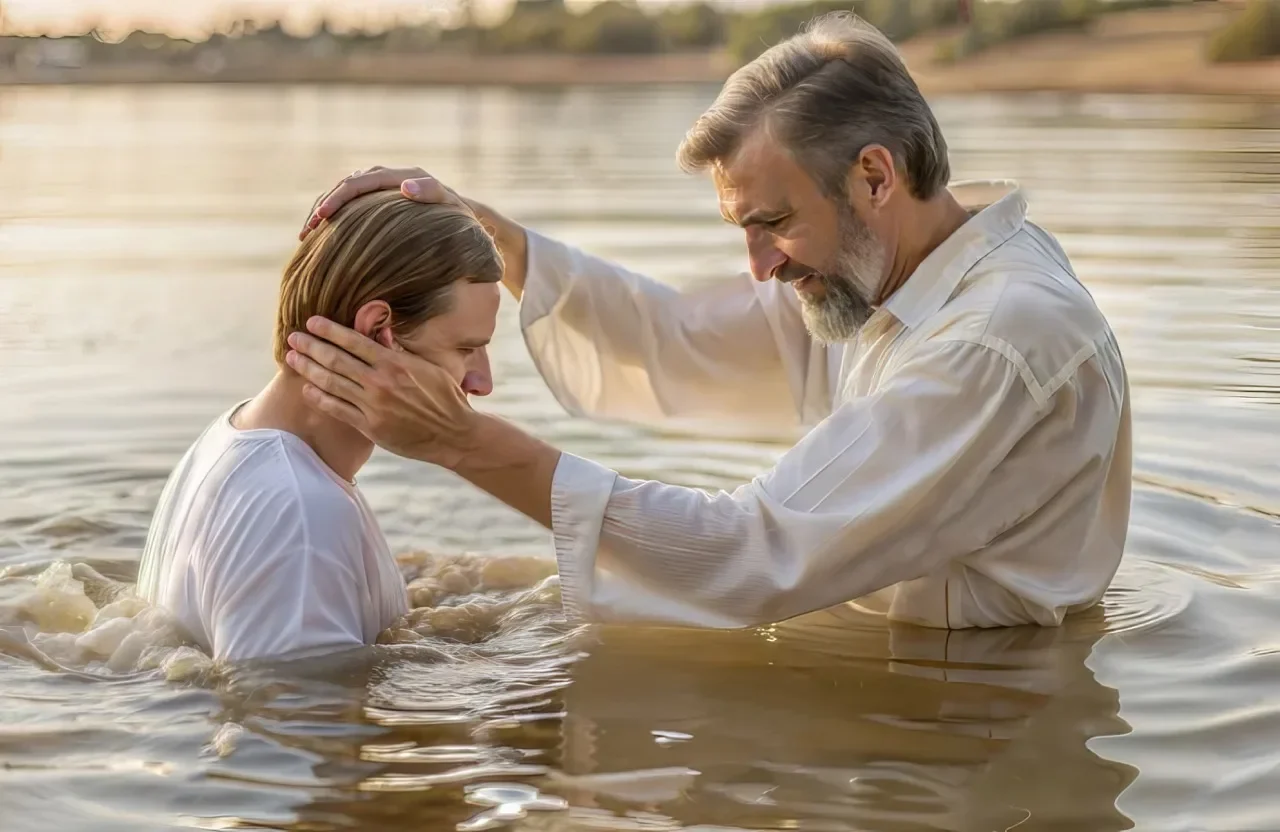Resilience in the Fire: Lessons from David at Ziklag
Introduction
Resilience isn’t forged in comfort—it’s born in crisis. One of the most compelling biblical stories of resilience is found in 1 Samuel 30, where David encounters one of the lowest points in his life at the town of Ziklag. This was not just a moment of personal despair; it was a total breakdown of his leadership, loyalty, and livelihood. Yet, it was in that moment that David demonstrated a supernatural kind of resilience—one that all believers can learn from today.
Whether you’re facing personal trials, leadership challenges, or spiritual battles, the story of David at Ziklag offers practical and powerful insight on how to rise from the ashes.
The Crisis at Ziklag
David and his men had been living in Ziklag, a Philistine town, while fleeing from King Saul. After returning from a campaign, they discovered Ziklag burned to the ground, their families taken captive by the Amalekites. Everything they had was lost. The grief was so overwhelming that even David’s loyal men spoke of stoning him (1 Samuel 30:6).
Imagine the scene: smoke rising from the ruins, weeping warriors collapsing in despair, and a leader utterly alone—grieving, blamed, and heartbroken.
David’s Turning Point: “But David Strengthened Himself in the Lord”
This is the pivotal verse:
“But David strengthened himself in the Lord his God” (1 Samuel 30:6, ESV).
Here lies the heart of biblical resilience. David didn’t deny the pain or minimize the crisis. Instead, he turned inward—and upward. He didn’t wait for encouragement from others; he found strength in his relationship with God.
This moment teaches us that resilience isn’t just about bouncing back—it’s about leaning in and leaning into God when life breaks us open. It’s about faith that clings to hope even when there’s no guarantee of restoration.
Keys to David’s Resilience
- He Faced Reality
David wept until he had no strength left (v. 4). There was no spiritual bypassing here—just raw emotion. Resilience begins when we confront our pain, rather than avoiding it. - He Strengthened Himself in the Lord
He didn’t seek escape or rely solely on his warriors. He went to God—possibly in worship, remembering past deliverances, or recounting promises. In doing so, he realigned his heart with divine perspective. - He Sought God’s Guidance
David didn’t act on impulse. After strengthening himself, he asked the Lord: “Shall I pursue this raiding party? Will I overtake them?” (v. 8). Resilient people don’t just act—they pray and listen. - He Obeyed in Faith
God answered, “Pursue, for you shall surely overtake and shall surely rescue.” David took action not based on his strength, but on God’s promise. - He Recovered All
David and his men pursued the Amalekites, defeated them, and “David recovered all that the Amalekites had taken” (v. 18). What began as utter devastation ended in total restoration.
How We Can Build Resilience Like David
- Don’t isolate—turn to God. In moments of pain, we’re tempted to withdraw. But true resilience is forged when we bring our pain to God and let Him be our strength.
- Remember what God has done. David likely recalled God’s faithfulness from earlier victories. Keep a journal of answered prayers and testimonies—it fuels hope when you’re under pressure.
- Read your Bible. The promises there are for you! They are yes and Amen! Read until you feel a shift in yourself. This is the source of God’s heart for you and your identity in Him.
- Worship and pray. Ruth Ward Heflin says, “Praise until the worship comes. Then worship until the glory comes.” Worship is our warfare against the plans and schemes of the enemy. Choose joy and rejoicing, regardless of the absence of joy. Choosing joy releases your faith.
- Stay grounded in purpose. Even in loss, David remembered his calling. When everything is stripped away, your identity in God remains your anchor.
- Surround yourself with the right people. Although the men initially turned against David, he eventually led them to victory. Resilience isn’t always solitary—build a tribe that knows how to rally under God’s leadership. This is also where community is essential. We are meant for community, not for being lone rangers.
- Exercise. Release the endorphins by going for a walk, swim, or to the gym.
- Read or listen to an inspirational book. It will lift your spirits.
- Create something with your hands. Paint, sculpt, sew, work with wood, do yardwork.
Conclusion: From Ashes to Authority
Ziklag was a place of loss, but it also became a launching pad. Shortly after this, David was crowned king in Hebron. His most significant setback preceded his greatest promotion.
That’s the power of Godly resilience. When we strengthen ourselves in the Lord, seek His voice, and walk in obedience, we not only recover, but we also rise!
Maybe you’re at your own Ziklag today.
Maybe life feels burned down around you.
Let David’s example remind you: Your tears are not the end. God is still writing your story. In the ashes of despair, He is planting seeds of resurrection.
Strengthen yourself in the Lord—and pursue. You will recover all.


